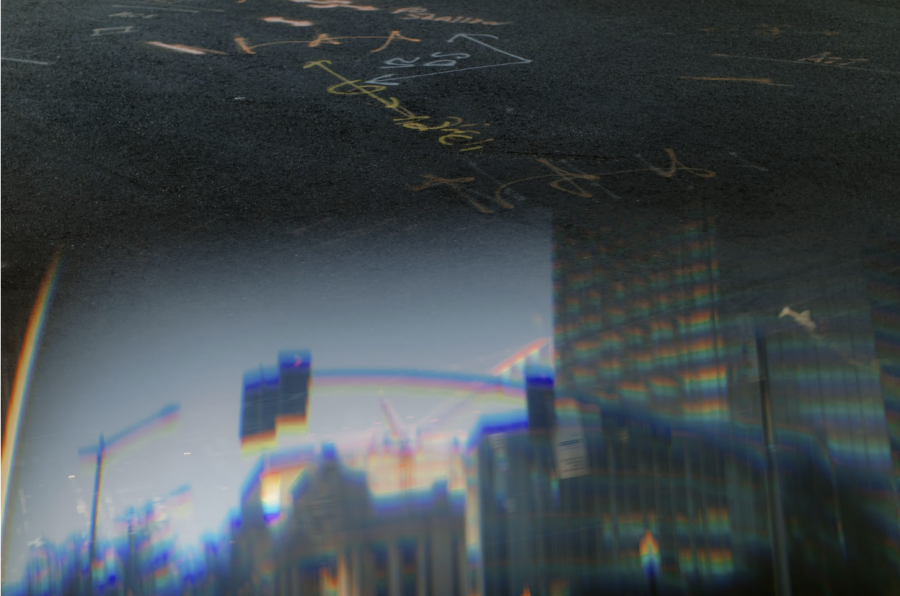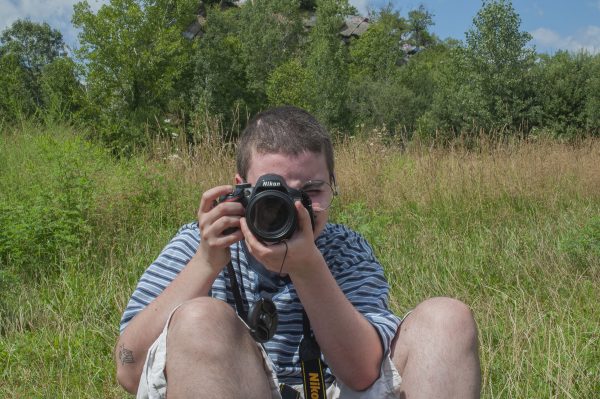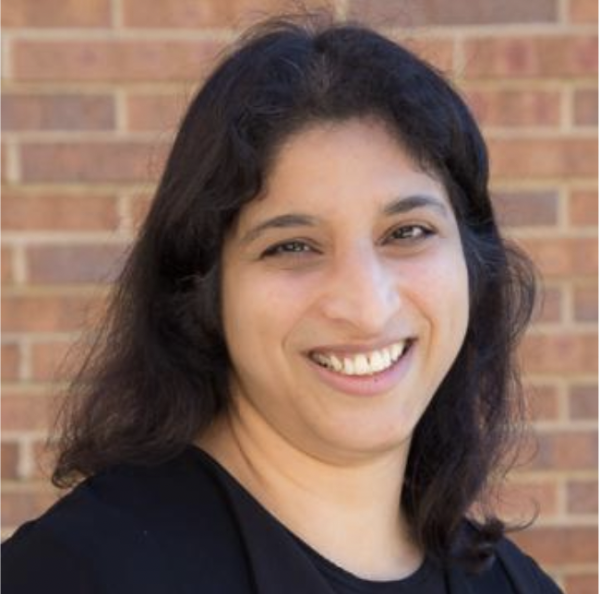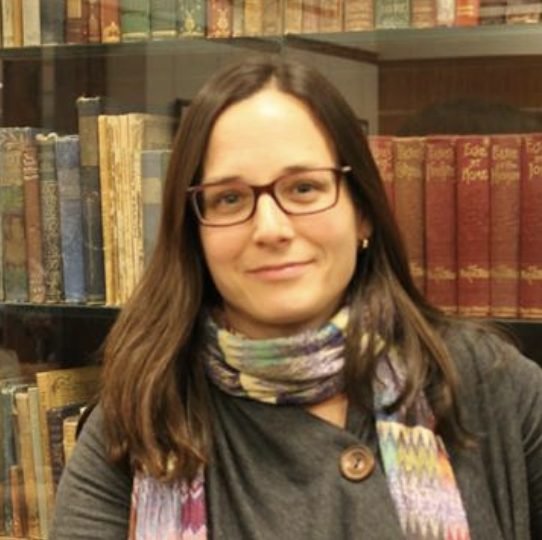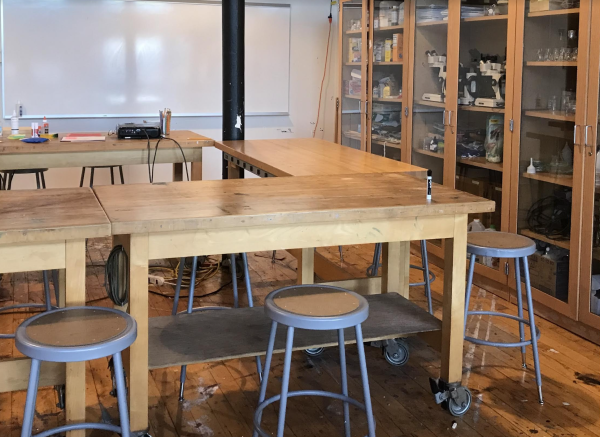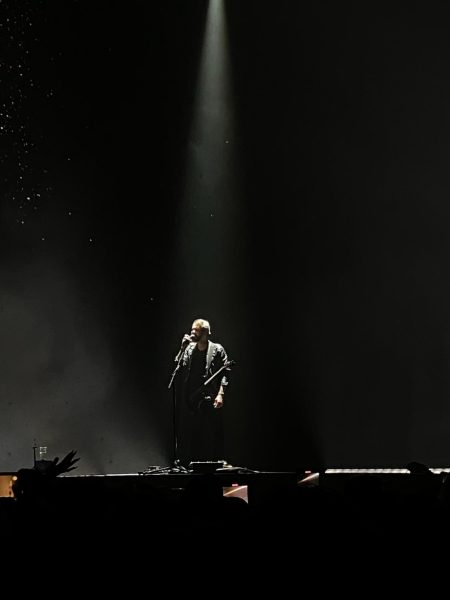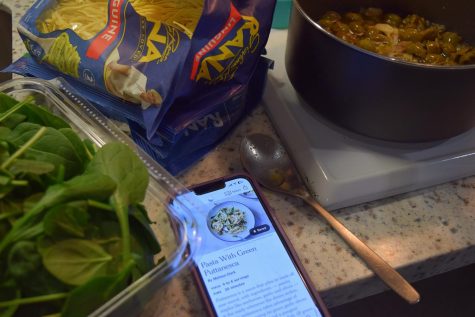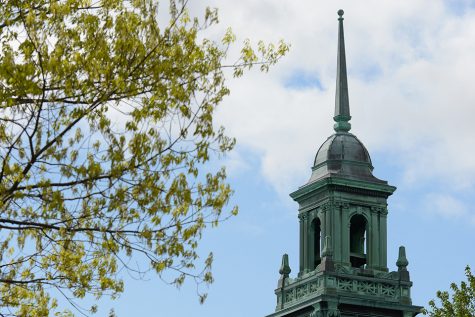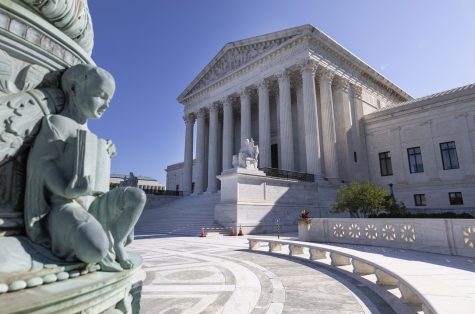Opinion: The news can get overwhelming, it’s OK to take a break
The findings showed that TV exposure after a tragic event is linked with PTSD symptoms even three years after the fact.
December 14, 2022
On November 20, I awoke in the middle of the night to see that five people were killed and at least 18 injured in a shooting at Club Q, an LGBTQ nightclub in Colorado. My stomach lurched as a queer person. I tossed and turned for an hour and eventually fell back asleep. On the morning of Nov. 21 the first notification that I saw informed me that an earthquake in Indonesia killed at least 162 people.
With the world’s events right at my fingertips, it is increasingly difficult to separate myself from the news. I, like many others, am continuously traumatized and numbed to tragedy as I see headline after disastrous headline. More than that, it is hard to remove myself from the news without feeling guilty because people who are directly impacted by it do not have the privilege to do that. It is incredibly important to stay current with world events. However, it is equally important to take breaks.
According to an ABC News article, many studies link poor mental health to news exposure during adverse events. A study conducted in 2014 after the Boston Marathon bombings found that “participants who engaged with more than six hours of media coverage per day were nine times more likely to also experience symptoms of high acute stress than those who only watched a minimal amount of news.”
The article also referenced a study conducted after 9/11 that found that news exposure can give people symptoms of post-traumatic stress disorder (PTSD). For the study, 1,770 adults took a survey one to three weeks after 9/11 about their mental and physical health. They took the same survey one to three years after 9/11. The findings showed that TV exposure after a tragic event is linked with PTSD symptoms even three years after the fact.
These studies happened at a time where news exposure was more intentional than it is today. Nowadays, news seeks us out, rather than the other way around. I constantly see notifications, emails, or social media posts that update me on the news as it happens. Many people view this as positive, and to some extent I agree. The goal is never to live in a bubble and ignore the injustices of the outside world. In fact, I propose the opposite. I aim to take action with my news consumption. This means educating myself, engaging in productive discussion, and making change, whether through protesting or similar activities.
It is nearly impossible to do these things with deteriorating mental health, which can happen with overexposure to news, as the studies proved. This is why it’s vital to take a step back and practice self care. For me, this can mean putting my phone on do not disturb, going outside and enjoying the fresh air, writing in my journal, or reading a book. When I feel more at peace, I reengage with the news and am better suited to move forward in an effective way.



